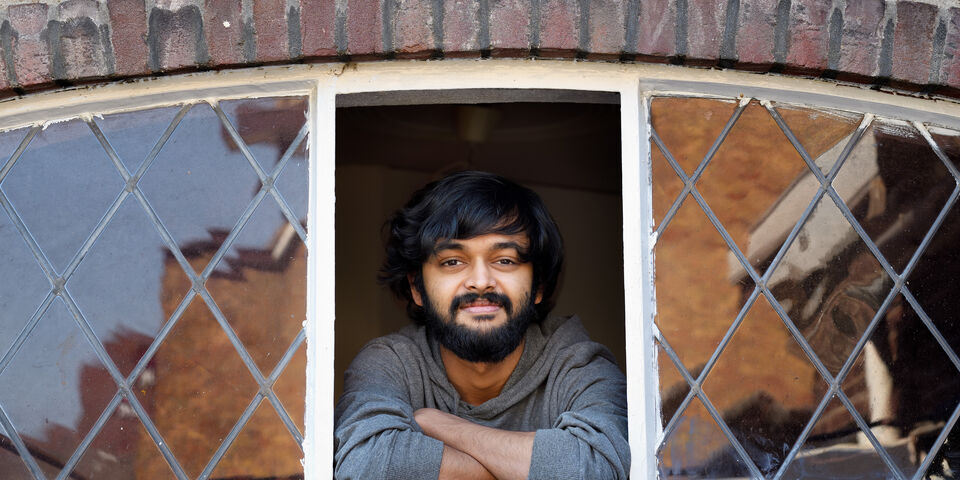Social Media for Lab Potatoes
About two years ago, I had received an invitation to a Facebook event for the collective quitting of the social media website. It had been proposed by talk show host Arjen Lubach (it seems to me he has kept his word as a quick Google search doesn’t bring his page up) after a reasoned rambling about the site, its management and possible personal and social implications, and I had been invited by a “real-life” friend (who obviously is still on Facebook).
I remember it as an exciting day with quite a few animated discussions on the subject and a lot of hype around this “mass logout”. But as most fads go, this too was nearly hollow. Like most who were “going” to this event, I too, in spite of the apocalyptic boredom, didn’t quit for many months. In fact it was Instagram that I tapped out of first, but Facebook followed eventually, freeing up quite some time and more importantly, a lot of attention.
But just as a total social media cleanse seemed within reach, I rediscovered my old Twitter “handle”.
It turns out that a ton of researchers around the world use Twitter to network. The setting is reassuringly informal, unlike LinkedIn which has an oddly formal, sanctimonious air to it. Opinions on matters of science and otherwise are shared, just the same, but happy accidents and honest mistakes are also talked about in earnest. And because the network is democratized by the absence of follower restrictions that platforms such as Facebook and LinkedIn suffer from, there’s open access (and debates about open-access) to a vast space of scientific culture.
Those hats that we wear - physicists, archaeologists, post-doc, principal investigator - also seem to blur out at times, allowing some insights into the everyday life of researchers and university life in all sorts of contexts. I found out, for example, that Finnish universities often confer the PhD title by presenting the candidate with a sword, that it’s not an easy task tagging seemingly adorable snails to monitor their movements, and of the work by Jess Wade and others to tackle gender bias on Wikipedia. On the flip side, issues such as academic funding and the many anxieties it brings, subjects that otherwise are off the radar for a novice researcher, invoke passionate discussions from PhD candidates and principal investigators alike.
And I have the feeling that it broadens up work in some ways too owing to the self-promotion that social media is often used for. I try to get a sense of what the general trends in my field are, for example, and that guides my ideas in the lab. Information, at times, seems to travel faster on Twitter than on Google Scholar, albeit after some sifting. Events such as the Royal Society of Chemistry’s Twitter poster contest further aids this dissemination without the limitations of corporate design guidelines (this beautiful work for example). #MicroscopyMonday and #FluorescenceFriday also provide a glimpse into the colourful lives of ordinary researchers from all over. Even when one might not get all of it, one is not really meant to.
“We” also have our own version of memes and general satire. A spoof journal, Nature Tractors, for example which boasts, among other things, a very low retraction rate. And while the humour that science incites can sometimes be very specialized, such as satirical anthropomorphized handles dedicated to glove-box equipment or Betelgeuse that social media-savvy astronomers are going crazy over lately, a good laugh is guaranteed. Sure, science twitter’s microcosm has its own celebrities and punching bags alike. But that just goes on to say how similar it is to the world outside, and yet it isn’t.
But certainly, as with other social media platforms, there is no dearth of snobs, and stupidity usually travels at the speed of light. But my feed seems to be reasonably sane and influencer-free, for now. So far, it has helped me form mild opinions on things I may not have experienced first-hand and to catch on with a much vibrant research space than mere lab experience can provide. The cynic in me, nevertheless, has the impression that this too will eventually prove to be a trend, a fad and that its time will eventually come. But for now I plan to stick around - and so does Arjen Lubach.


Discussie